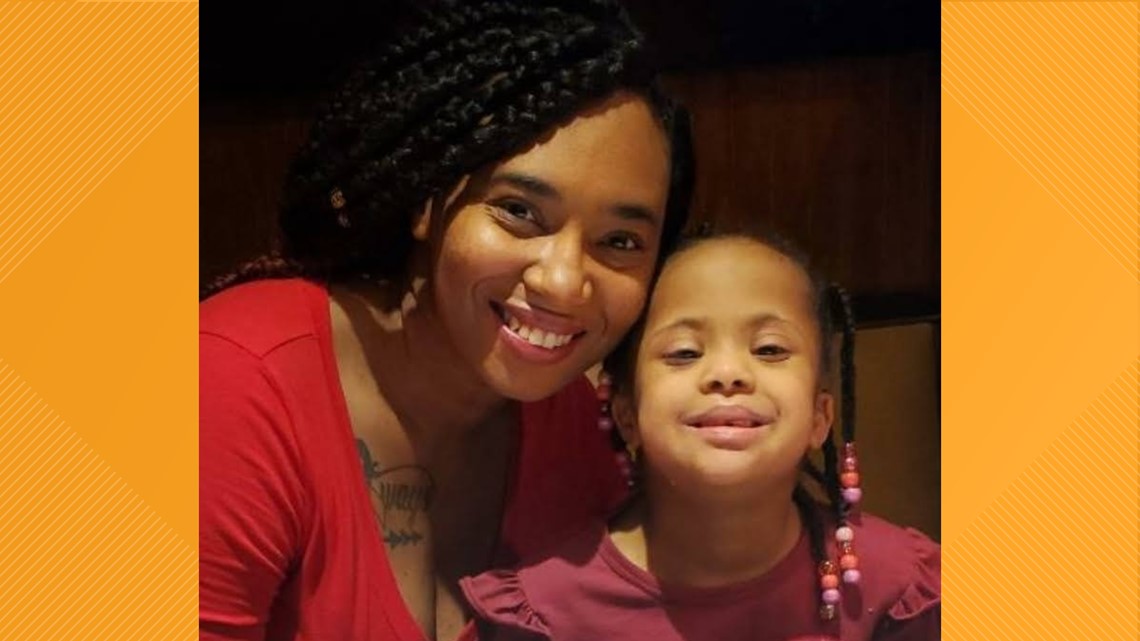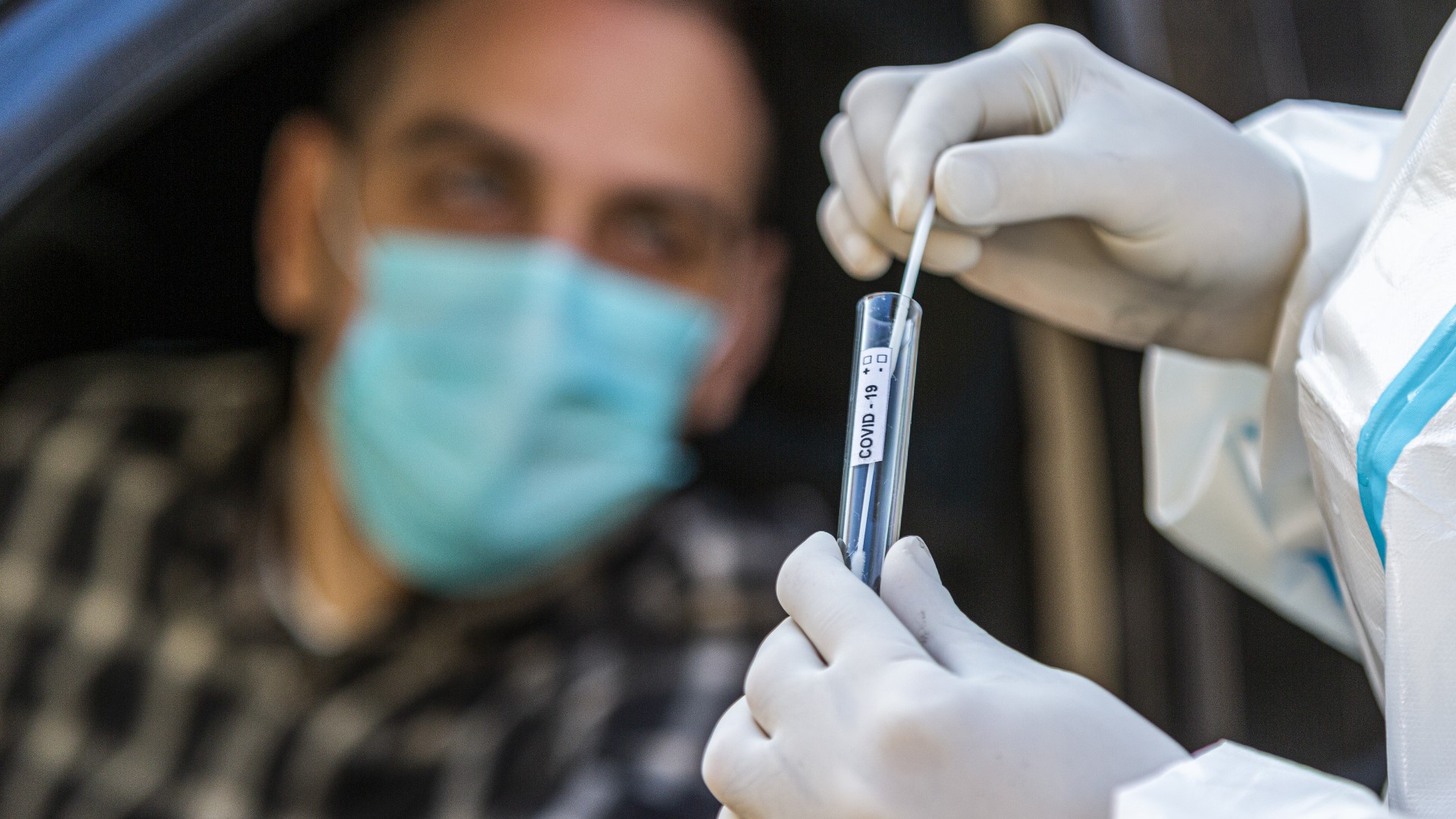ATLANTA — The Delta variant brought a surge in COVID-19 cases, in turn driving more people to go get tested.
For perspective, from March 1 to June 1, the state averaged about 17,000 new tests per day. From June 1 to the present, Georgia is averaging about 29,000 new tests per day.
That spike in testing is making it challenging for people to find tests, including two mothers who spoke to 11Alive.
Juwana Riggins Simon said she was searching for a test after her mother, who is a teacher, was exposed to someone with the virus in her school district.
"CVS is completely booked out for days, same with looking at Walgreens," she said. "My doctor won't see me. I'm at a loss as to what to do. I'm driving around, in essence, the city, trying to figure out what to do to get a test."
Although she is vaccinated, she said she was trying to be extra careful given her medical condition. She also pulled her son from his school district and began homeschooling him due to the rise in COVID-19 cases.
"Because the hospitals are filling up, even if I needed some sort of an intervention over the weekend, being asthmatic, it was gonna be very difficult for me to get that," she said.
Finding a test turned into a whole day ordeal, with Riggins Simon. She eventually went to two different drive-in locations, about 40 minutes away from her home, and waited in line for hours.
"The problem with the drive up, is that they are very, very, very long, you got to wait in line for a very long time," she said. "I brought my book, and I was sitting there and I was just reading, just waiting for the time to pass me by."
But she stuck it out, and turned to Facebook groups to find more help from other moms going through the same situation.
"It’s very stressful because you know, early intervention with COVID is key," Riggins Simon added.
Many on the Facebook group are dealing with her same situation. Another mother who also commented on a post was Bren Nesmith. She was looking for a rapid test for her daughter, who started showing some COVID-19 symptoms.
"My daughter, she's 5 years old, she also has Down syndrome," she said. "Which makes her even more prone to diseases, especially like COVID. As a parent I want to know the same day."
It took Nesmith days to schedule an available appointment near her home. Her daughter will finally get the test Saturday.
"I have to wait a week or two in advance for the COVID testing, by then it might be too late," she said.


Julie Swann is the department head of Industrial and Systems Engineering and the Allison Distinguished Professor at North Carolina State University.
The supply chain expert said demand has fluctuated.
"The demand [for COVID-19 testing] was declining since more people were getting vaccinated," she said. "But they didn't account for the upturn in cases, which has now led to an increased need for testing. It is harder to find one now than it was six weeks ago."
However, it's important to note that the Georgia Department of Public Health said its not aware of any significant testing supply issues right now. DPH added that most of their locations offer walk-up testing.
Here's how some experts and others who've had to get a test recently said you can find one.
1. Get there early
Swann recommends to get there early so they have enough tests available.
"I showed up at one about a month ago and I said 'oh can I get a test?' I think it was two o'clock. She said Oh no. We're closing it. We have three hours of appointments in front of you. So it just wasn't possible. Go ahead and determine the locations and hours so they have sufficient capacity to get you your test."
2. Use social media to find locations
The moms we interviewed recommended finding Facebook groups dedicated to searching for available testing sites in your county.
Many other parents and community members will constantly post updates or give advice on locations with short wait times or walk-in availability.
Usually many locations will close its doors around 6 p.m. - so by then, prepare to arrive early to your testing site the next morning.
3. Check your local health departments
Check your county health department early on for any day-of appointments. If you have any symptoms, Swann recommended calling your physician for a test. Some will only test you if you have COVID-19 symptoms.
4. Take a home test
At-home test options are also available, but could be hard to find right now due to the high demand.
“Companies didn't make enough to account for this surge in demand that we're having. I do expect a month or two from now there'll be plenty more on the shelf. Don't do this right now, but when we are starting to have more on the shelf, keep a couple of them at home just in case you have an urgent need for one that you've been exposed," Swann advised.

